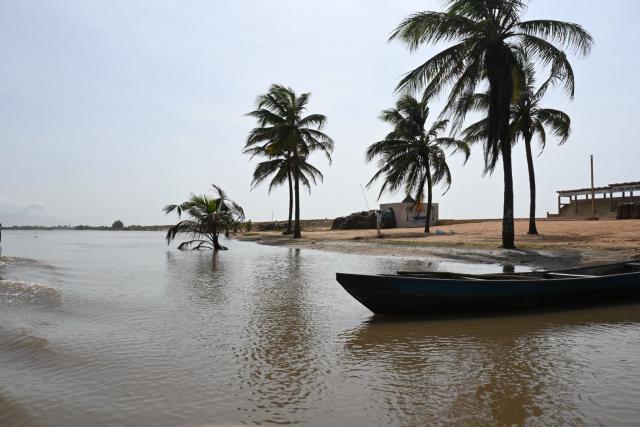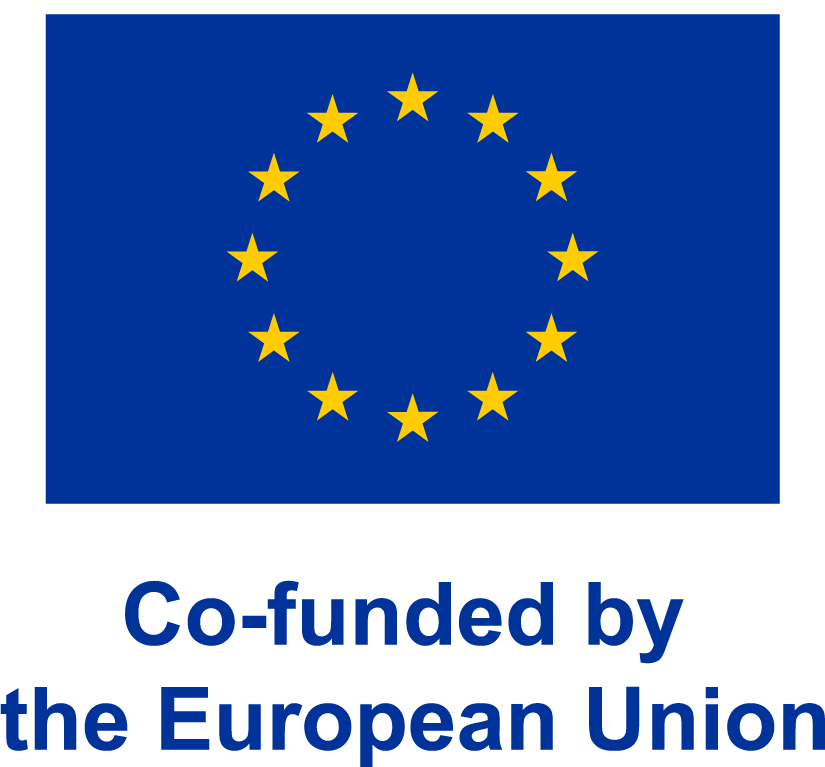Support for the agroecological transition and the implementation of sustainable food systems in the Mono Biosphere Reserve (Delta Mono)
In execution

Preview
Donor(s)
- Luxembourg
Implementation period
20.12.2022 - 19.12.2029
Total duration
84 months
Context
With nearly 2 million inhabitants, the Mono Biosphere Reserve – on its Beninese side – is experiencing significant population growth and facing intense exploitation of natural resources, with agriculture remaining the main economic activity for most of its population. The reserve is also under threat from dam construction projects and the development of tourist infrastructure near the river’s mouth. Furthermore, the coastal area remains highly exposed to climate change, which, in the long term, risks weakening the mangrove and the entire coastal ecosystem.
In this context, the project adopts an integrated approach to natural resource management, taking into account current environmental, demographic and economic challenges. Its implementation is led by Enabel. Given that Luxembourg Cooperation’s contribution is made available through LuxDev, the Agency holds a seat on the project’s steering committee.
Objectives
The overall objective of the Delta Mono project is to contribute to the inclusive, sustainable and climate change resilient territorial development of the UNESCO MAB Mono Biosphere Reserve and the contiguous Avlékété-Bouche du Roy marine protected area.
Its specific objective is to strengthen the use of agroecological practices and the construction of sustainable food systems among farmers (including fishermen) within the Mono Biosphere and its surrounding areas.
Beneficiaries
The project will benefit the Mono Delta Biosphere Reserve and its inhabitants, in particular the groups negatively impacted by the preservation measures.
Its indirect beneficiaries include operators involved in the value chains supported by the project, as well as businesses providing services to these operators, such as processing and marketing SMEs and agri-entrepreneurs.
Target geographical area
Located on both sides of the border between Benin and Togo, the transboundary Mono Biosphere Reserve stretches across the alluvial plain, the delta areas, and the banks of the Mono River, covering 346,285 hectares. In the Beninese section of the reserve, which is covered by the project, it spans 142,497 hectares across six municipalities: Grand Popo, Lokossa, Comé, Athiémé, Houéyogbé, and Djakotomé.
Stakeholders
The project is being implemented in partnership with the Ministry of Agriculture, Livestock and Fisheries, the Ministry of Living Environment and Transport, responsible for Sustainable Development / Centre national de gestion des réserves de faune, the Agence territoriale de développement agricole, the Departmental Directorate for Agriculture, Livestock and Fisheries, the Directorate for Fisheries Production, municipalities, consultation/promotion committees and international and national NGOs.
Sustainable Development Goals
-

05. Gender equality
Budget
Total budget
EUR 3,000,000
Contribution breakdown
-
EUR 3,000,000
Ministry of Foreign and European Affairs, Defence, Development Cooperation and Foreign Trade
Documentation

- Project factsheet
Support for the agroecological transition and the implementation of sustainable food systems in the Mono Biosphere Reserve
Explore more
LuxDev implements other projects and programmes in the same country or sector.
All projects-

In execution Benin
Support to civil society in Benin
Governance
Support to civil society in Benin -

In execution Benin
Digital development (BeDigital)
Digitalisation and ICT
Digital development (BeDigital) -

In execution Benin
Support programme to agricultural and rural training (ProFAR 2)
Education, vocational training and employment
Support programme to agricultural and rural training (ProFAR 2)



